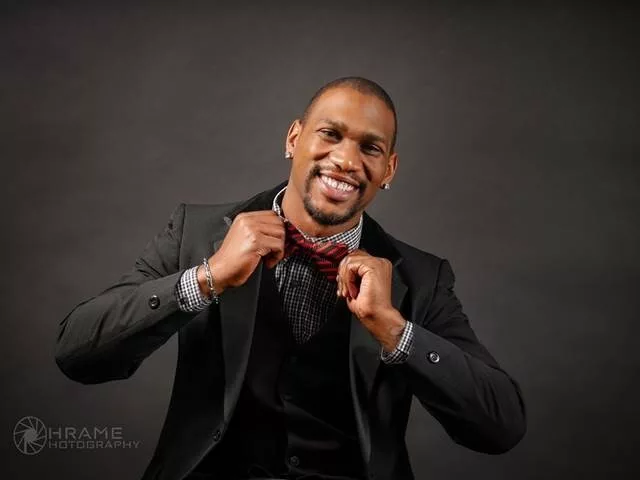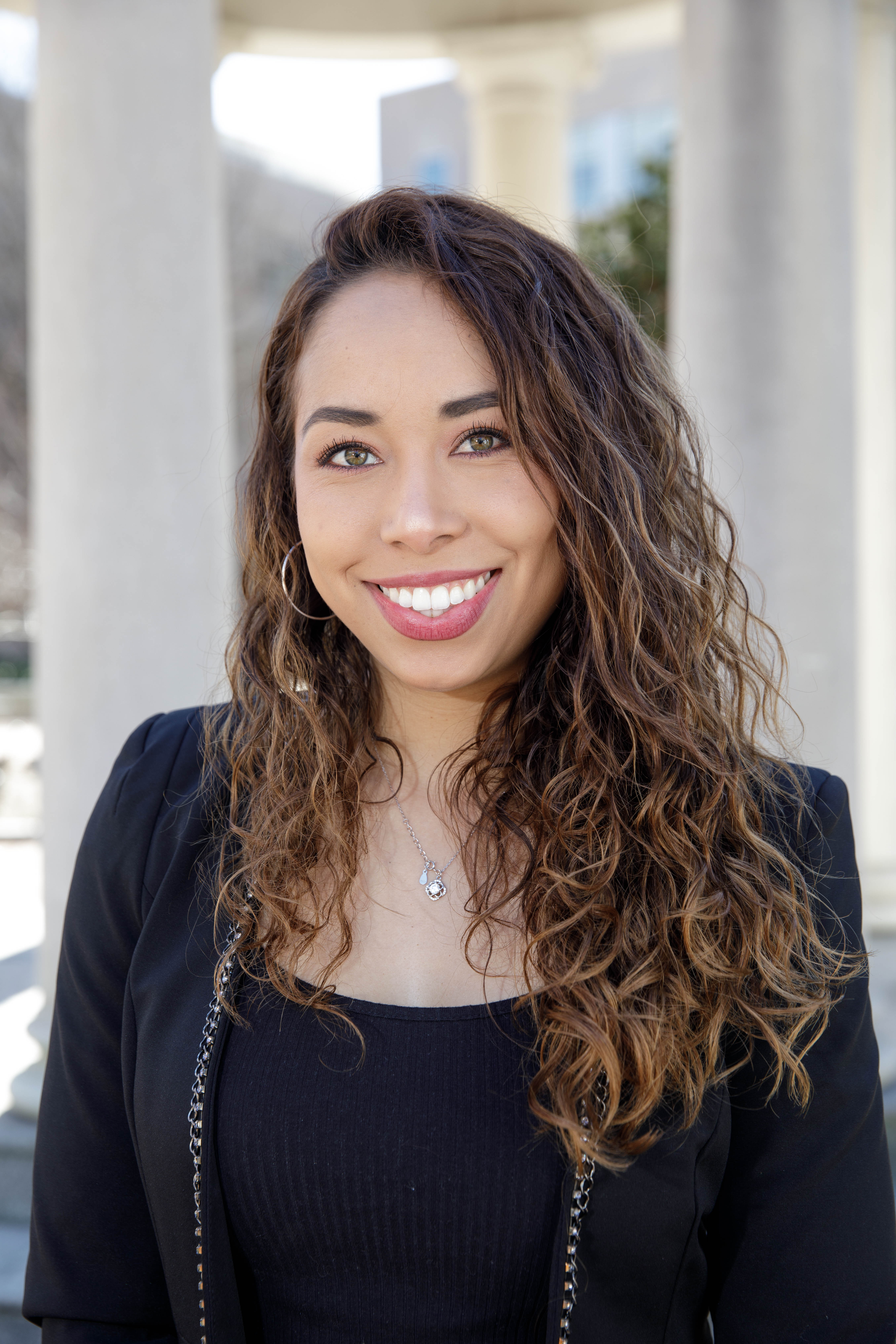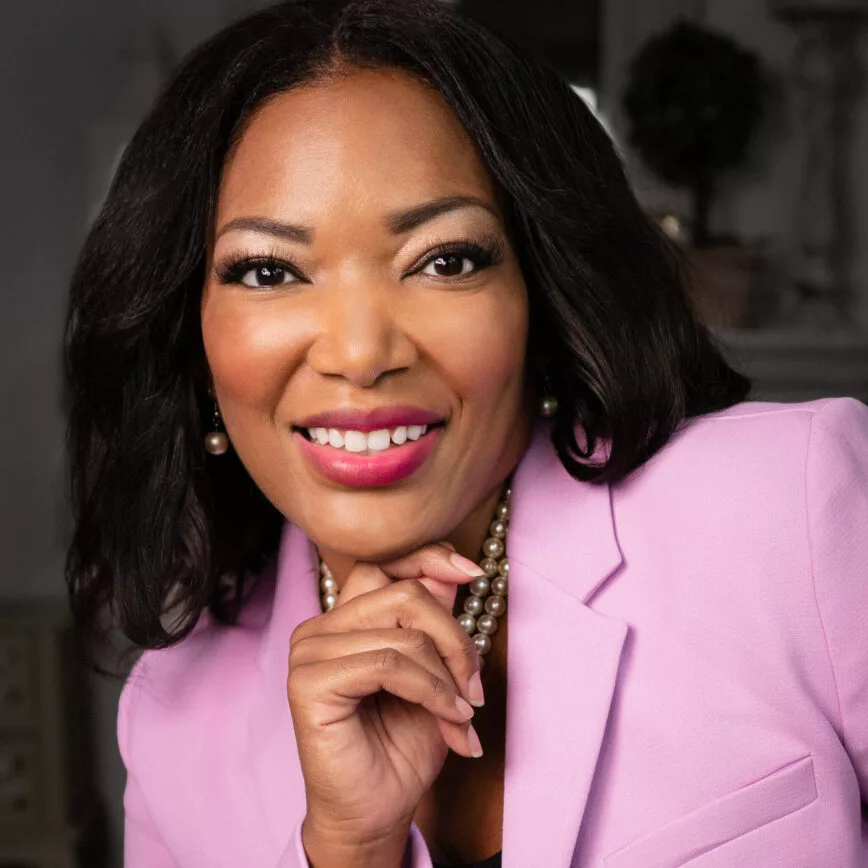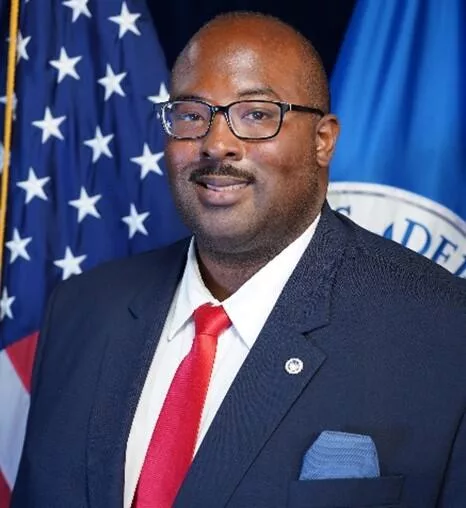Speakers
-
 Antoine RichardsInstitute for Diversity and Inclusion in Emergency Management (I-DIEM), Chief of Staff
Antoine RichardsInstitute for Diversity and Inclusion in Emergency Management (I-DIEM), Chief of StaffAntoine Richards, Chief of Staff, has nearly a decade of experience in healthcare and emergency management. His expertise spans public health, community outreach, public affairs, DEI, and research. Currently pursuing a doctorate in Emergency Management, his research focuses on the intersection of public health, emergency management, community resilience, and social determinants of health. He is the co-Lead of the Diversity, Equity, and Racial Inclusion Initiative for AHEPP and holds an MPH degree from Morehouse School of Medicine and a BS in Communication from Kennesaw State University. These and other achievements exemplify his commitment to improving outcomes for vulnerable populations.
-
 Camila TapiasSPIN Global, Global Disaster Resilience Specialist
Camila TapiasSPIN Global, Global Disaster Resilience SpecialistCamila Tapias is a global leader focused on leveraging public-private partnerships, building national and international strategies to increase local capacity for disaster risk reduction, and prioritizing technology to achieve equitable outcomes. She holds a master’s degree in Public Administration and Crisis and Emergency Management from The George Washington University. At SPIN Global, she is a Global Disaster Resilience Specialist, where she leads the Business and Industry and International practice areas. She also serves as a US and Global Board member with ARISE, the United Nations’ largest private sector alliance for disaster resilient societies.
-
 Chauncia WillisInstitute for Diversity and Inclusion in Emergency Management (I-DIEM), Co-Founder & CEO
Chauncia WillisInstitute for Diversity and Inclusion in Emergency Management (I-DIEM), Co-Founder & CEOChauncia Willis, CEO and Co-Founder of the Institute for Diversity and Inclusion in Emergency Management (I-DIEM), is a certified Emergency Manager, Professional Coach, and Cultural Diversity Professional with 20+ years of experience, spanning disaster management, national security event planning, leadership coaching, immigrant and refugee outreach, and DEI training. Chauncia leads the integration of equity into disaster policies and practices to enhance cultural competence and reduce bias’s impact on underserved groups. She is a recognized national expert who has testified before the U.S. House of Representatives on DEI issues, and authored “Stretching: The Race towards Diversity, Equity, and Inclusion in America”.
-
 Marcus ColemanUnited States Department of Homeland Security (DHS), Director of DHS Center for Faith-Based and Neighborhood Partnerships
Marcus ColemanUnited States Department of Homeland Security (DHS), Director of DHS Center for Faith-Based and Neighborhood PartnershipsMarcus Coleman serves as the Director of the Department of Homeland Security Center for Faith-Based and Neighborhood Partnerships. With over 15 years of experience, he excels in fostering public-private collaborations with faith-based and non-profit organizations. In this role, he leads a team dedicated to enhancing equity in emergency management and climate resilience, bolstering safety in worship spaces, and advising emergency management, first responders, and national security professionals on engaging faith-based and community groups within DHS. His contributions include responding to various disasters and spearheading crucial agreements. Coleman also serves on several boards and projects.
Living Spirit or Commodity? Traditional and Faith-Informed Perspectives about Land Use in Disasters and Climate Events – I-DIEM
This session will explore the various perspectives on land and land use among indigenous and other historically marginalized communities as they contrast with Western and American institutions. We will explore the spiritually informed context regarding land use and long-term implications that arise from stakeholders holding different viewpoints on the role of land in a cultural setting. During disasters, the loss of land has profound spiritual and cultural significance for many communities, whereas institutions primarily engage in bureaucratic processes with complex criteria and individualized care. This session will focus on the juxtaposition between varying views of land, particularly in disaster settings.




